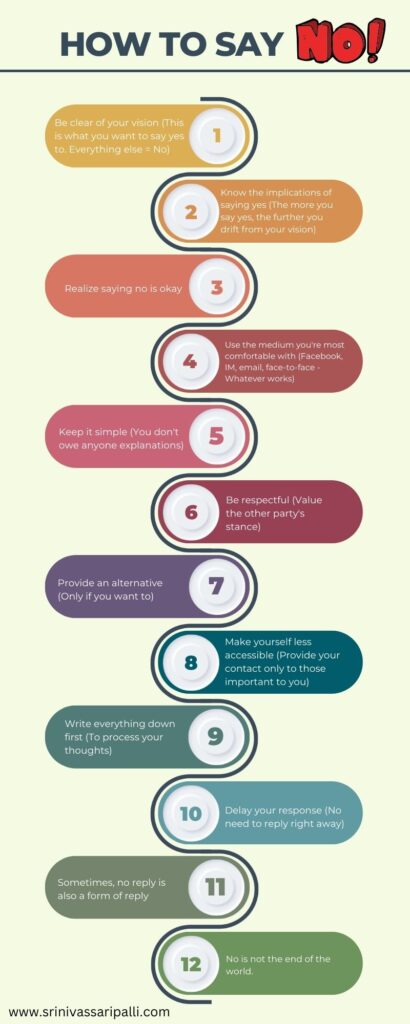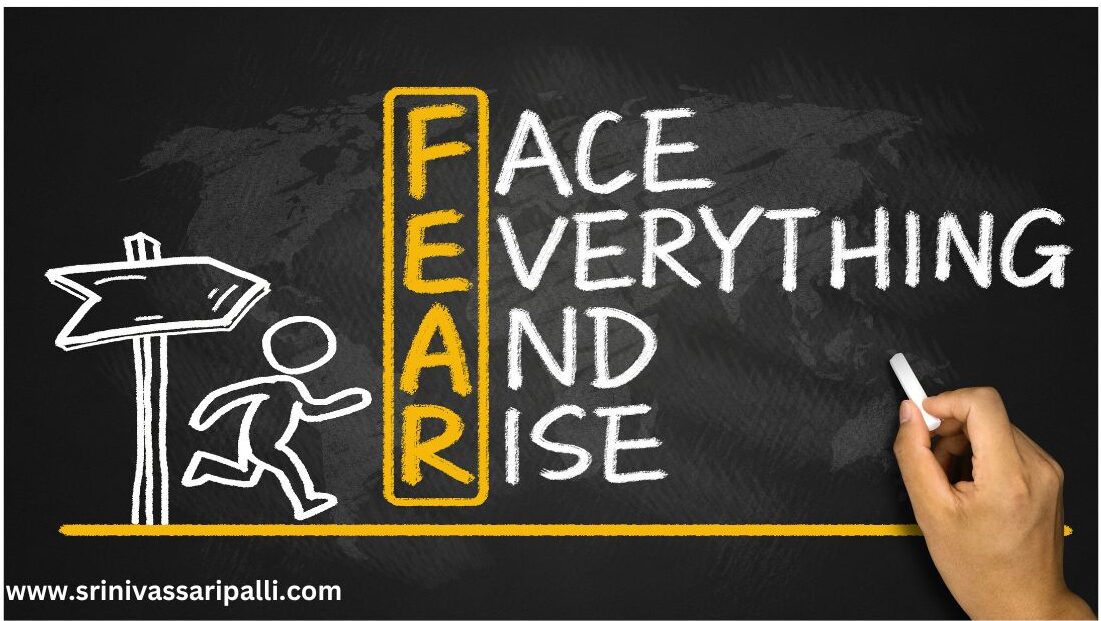Table of Contents
Have you ever found yourself caught in the web of agreement, uttering a ‘yes’ when every instinct within you is screaming ‘no’? It’s a scenario many of us are familiar with, reflecting the challenge of asserting ourselves effectively. In this fast-paced world, the ability to say ‘no’ is a valuable skill that often gets overshadowed by the societal pressure to be accommodating.
Assertiveness, the cornerstone of effective communication, is the antidote to this predicament. It’s not about being confrontational or difficult; rather, it’s a nuanced art of expressing your needs and boundaries while respecting the feelings of others. This article delves into the intricacies of why saying ‘no’ is essential, examining its impact on personal and professional spheres.
Recognizing the Issue
The Importance of Saying ‘No’
In a world that often glorifies agreement and compliance, the importance of saying ‘no’ cannot be overstated. It’s not a mere rejection; it’s a fundamental aspect of self-care and boundary-setting. Recognizing the issue at hand involves understanding the profound impact that an inability to say ‘no’ can have on various aspects of your life.
The Weight of Constant Agreement
When you consistently say ‘yes’ to every request, whether at work, within your social circle, or even with family, you may find yourself buried under an overwhelming load of responsibilities. This can lead to burnout, stress, and a gradual erosion of your overall well-being.
The Dynamics of Relationships
In personal and professional relationships, the inability to say ‘no’ can create a skewed power dynamic. Others may come to expect your perpetual agreement, leading to an imbalance that can strain relationships over time. Learning to say ‘no’ is not about being difficult; it’s about maintaining a healthy equilibrium.
Self-Worth and Assertiveness
Assertiveness is intricately tied to self-worth. When you recognize the issue and start saying ‘no,’ you communicate to yourself and others that your time, energy, and needs are valuable. It’s a journey toward embracing your worth and asserting your right to prioritize your well-being.
Navigating Workplace Situations
Balancing Team Collaboration and Personal Boundaries
In the professional realm, saying ‘no’ is a delicate art. Collaborating with colleagues is crucial, but so is safeguarding your time and energy. We’ll explore common workplace scenarios where assertiveness is paramount and provide insights into maintaining professional relationships while setting boundaries.
Remember that saying ‘no’ is not a negative act. It’s a positive step towards self-preservation, a declaration that your needs matter, and an acknowledgment of the importance of maintaining balance in your life.

Consequences of Avoidance
Impact on Mental Health
The repercussions of avoiding assertiveness and constantly saying ‘yes’ when you should say ‘no’ extend far beyond the immediate situation. One of the most profound consequences is the impact on your mental health.
Stress and Burnout
A perpetual inability to decline additional responsibilities can lead to heightened stress levels and eventual burnout. The continuous strain of managing an overloaded schedule without the relief of setting boundaries takes a toll on your mental resilience.
Resentment and Frustration
As you consistently prioritize others’ needs over your own, you may start harboring feelings of resentment and frustration. These emotions can build up over time, affecting your overall satisfaction with life and straining relationships.
Loss of Personal Time
Avoiding the power of ‘no’ often results in sacrificing your personal time. Whether it’s working late at the office or attending events you’d rather skip, the constant ‘yes’ can erode the time you need for relaxation, self-reflection, and pursuing activities that bring you joy.
Impact on Self-Esteem
The pattern of avoiding assertiveness can contribute to a gradual erosion of self-esteem. Your inability to prioritize your needs may leave you feeling undervalued and unimportant, impacting your self-image.
Breaking the Cycle
Recognizing these consequences is the first step toward breaking the cycle. It’s essential to understand that assertiveness is not selfish; it’s a necessary element of self-care. Building the courage to say ‘no’ is an investment in your mental well-being and an acknowledgment that your needs are just as valid as anyone else’s.
The path to a healthier, more balanced life begins with recognizing the consequences of avoidance and taking proactive steps toward positive change. Join us as we unravel the layers of assertiveness and empower you to prioritize your mental health.
Overcoming Fear
Building Assertiveness Skills
Now that we’ve explored the consequences of avoidance, let’s shift our focus to overcoming the fear associated with saying ‘no.’ Assertiveness is not an inherent trait; it’s a skill that can be developed and honed over time. Understanding and conquering the fear is a crucial step towards building assertiveness.
Understanding the Fear
The fear of saying ‘no’ often stems from concerns about disappointing others, fear of conflict, or a desire to be liked and accepted. It’s important to recognize that these fears are natural, but they shouldn’t dictate your decisions.
Practical Strategies for Overcoming Fear
- Self-Reflection: Take a moment to understand your fears. What scenarios trigger anxiety about saying ‘no’? Reflecting on these situations can provide insights into the root of your apprehension.
- Gradual Exposure: Like any skill, assertiveness improves with practice. Start small by asserting yourself in less challenging situations. This gradual exposure helps desensitize the fear associated with saying ‘no.’
- Positive Affirmations: Affirmations can be powerful tools to reframe your mindset. Remind yourself that saying ‘no’ is not a rejection of others; it’s a positive affirmation of your own needs and boundaries.
Developing Assertiveness Skills
Building assertiveness is a process that involves cultivating various skills. Here are some practical tips to help you on your journey:
- Clear Communication: Be clear and concise in your communication. Clearly express your reasons for saying ‘no’ without unnecessary elaboration.
- Body Language: Non-verbal cues play a significant role in assertiveness. Maintain eye contact, stand or sit with good posture, and use gestures that convey confidence.
- Active Listening: Assertiveness is a two-way street. Practice active listening to understand others’ perspectives, but be firm in communicating your own needs.
- Role-Playing: Enlist the help of a friend or mentor for role-playing scenarios. This allows you to practice assertiveness in a supportive environment.
The Empowerment of Saying ‘No’
As you overcome the fear and build assertiveness skills, you’ll start experiencing a sense of empowerment. Saying ‘no’ becomes a tool for self-advocacy, a means to prioritize your well-being, and an acknowledgment of your right to set boundaries.
Remember, the journey to saying ‘no’ confidently is a transformative one that empowers you to navigate life on your terms.





Leave a Reply